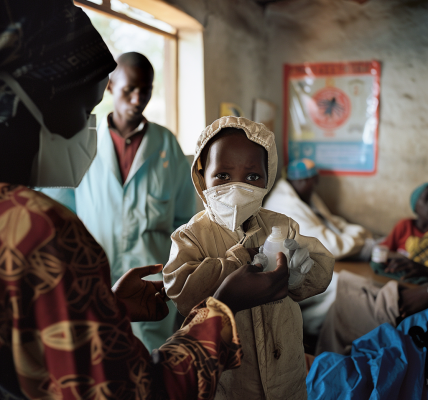Researchers from the University of Minnesota have recently conducted a clinical trial that revealed promising results regarding the common diabetes drug metformin and its impact on reducing SARS-CoV-2 levels in the body. The study, published in Clinical Infectious Diseases, indicates that metformin not only decreases the amount of the virus but also helps lower the risk of rebound symptoms when administered early in the course of non-severe illness.
The trial involved 999 adults infected with COVID-19, with more than half of the participants being vaccinated. The treatment was administered during the prevalence of the Omicron variant in the United States. The study focused on individuals at standard risk, a population segment that currently lacks effective treatment options for COVID-19.
Dr. Carolyn Bramante, the principal investigator of the study and an assistant professor at the University of Minnesota, highlighted that the participants were individuals aged 30 or older, with a body mass index of 25 or higher, and did not require hospitalization for their COVID-19 infection.
In comparison to Paxlovid, which has shown efficacy in preventing severe outcomes in high-risk, unvaccinated individuals, metformin demonstrated potential benefits in reducing viral load and preventing hospitalization or death in standard-risk populations. The findings suggest that metformin could serve as a valuable outpatient treatment option.
Participants in the trial received a 14-day course of metformin and provided nasal swabs on days 1, 5, and 10. Early intervention was emphasized, with participants enrolled within 3 days of a positive test result and reporting symptoms for 7 days or fewer. By day 10, the mean SARS-CoV-2 viral load was reduced by 3.6-fold with metformin compared to the placebo group. Those who received metformin were also less likely to have a detectable viral load on days 5 and 10.
Metformin exhibited a significant impact on reducing the risk of hospitalization, death, and long COVID. The drug lowered the odds of hospitalization or death within 28 days by 58% and emergency department visits, hospitalizations, and death within 14 days by 42%. Additionally, the incidence of long COVID was reduced by 42% over a period of 10 months.
Viral rebound, characterized by a higher viral load on day 10 compared to day 5, was less common in the metformin group than the placebo group. The study results suggest that metformin could be a valuable tool in outpatient treatment, offering potential benefits in managing COVID-19 infections.





